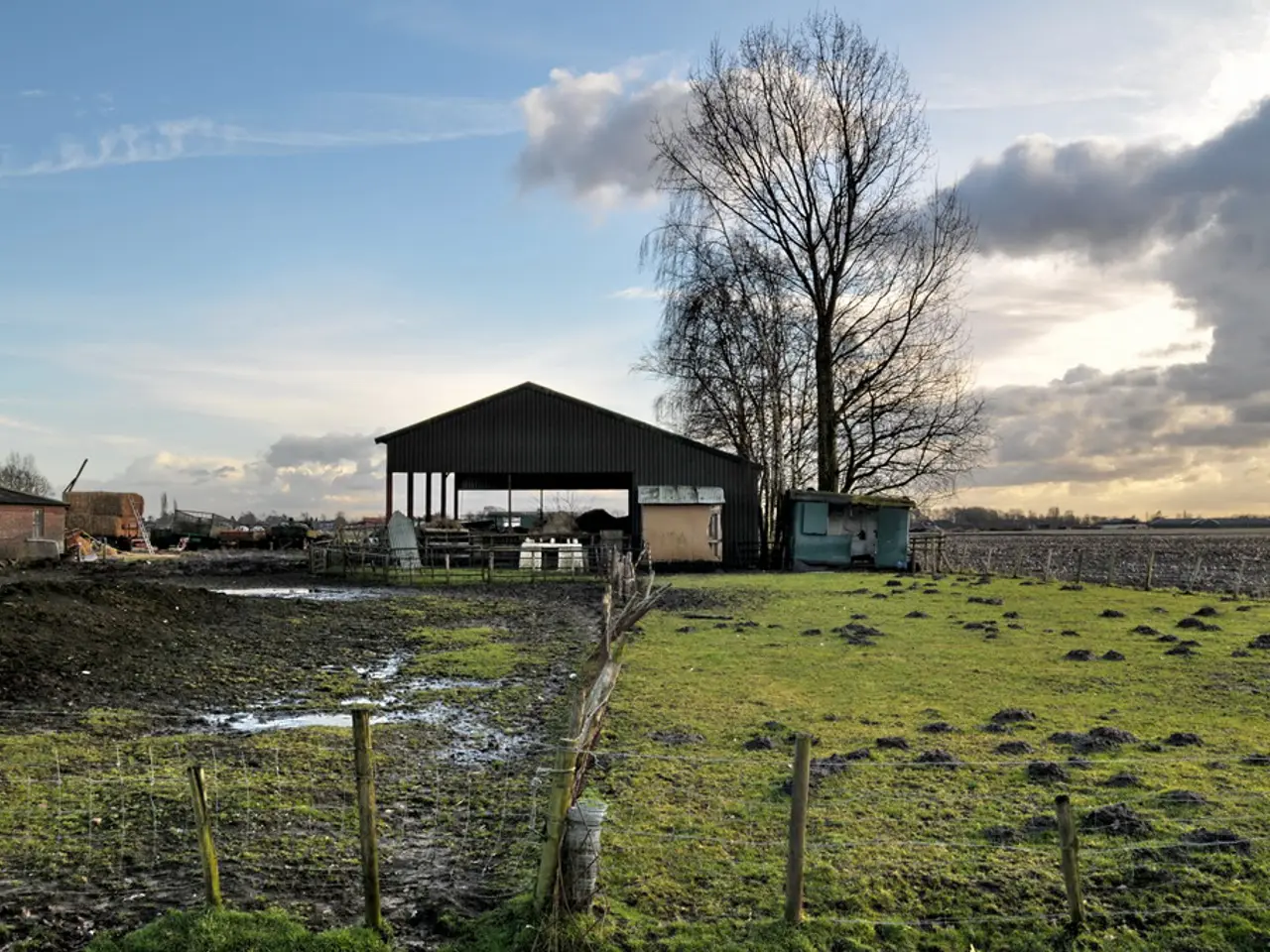Progressive Leaders Emphasize the Importance of Long-Term Results
The fast-paced world we're living in demands a different kind of leadership. Short-term gains are no longer enough to keep up with the changing tides. People, workers, and investors are seeking purpose, not just products. It's time for leaders to step up and think long-term.
Forward-thinking leaders are doing just that. They're ditching the short-term, quick-fix mentality in favor of strategies that support their long-term goals. They understand that making tough decisions today can lead to beneficial outcomes in the future. Plus, they're focusing on outcomes that benefit not just the business, but people and the planet too.
Short-term Wins, Long-term Headaches
It's tempting to go for short-term wins, but it can come at a cost. Fast results often mean cutting corners, ignoring long-term risks, or failing to invest in innovation. Many once-mighty companies have fallen because they didn't take the time to plan. Others are still recovering from the damage caused by decisions made without a long-term vision. But leaders who think beyond the next quarter are better equipped to avoid these pitfalls.
The Triple Bottom Line Is Here to Stay
The idea of the "triple bottom line"-people, planet, and profit-is becoming increasingly important. It's not about cutting back on business. It's about doing business smarter. Leaders who follow this approach consider how their decisions affect social and environmental outcomes, not just financial ones.
An educational program can help leaders get up to speed. For example, a sustainability leadership program can teach them how to assess risks, create sustainable strategies, and communicate their vision clearly. These programs also show how to balance ethical leadership with real-world business needs.
Adapting to the New World
The businesses that will thrive in the future are those that can adapt to the changing world. Issues like climate change, income inequality, and resource shortages aren't distant threats anymore. They're current problems. Leaders need to understand these challenges and how their decisions impact them.
Resilient companies think long-term. They create stable, adaptable systems that are better prepared to handle change. They recover faster from setbacks and have stronger stakeholder support. They also have better employee retention and customer trust.
Attracting Top Talent with Purpose
Today's workforce wants more than a paycheck. They want to work for companies that reflect their values. They're looking for purpose, not just profit. Committing to long-term goals that focus on people and the environment creates workplaces that employees feel proud to be part of. This helps attract top talent and reduces turnover.
Teams become more motivated when they believe in the company's direction. Purpose-driven leadership isn't just good for morale-it's smart business.
Lowering Risk, Encouraging Innovation
Rushing to please shareholders or cutting corners can lead to legal issues, bad press, or internal damage. Ignoring social or environmental concerns can bring lasting harm to the organization. Forward-thinking leaders reduce these risks by planning ahead. They look at the long-term effects of their actions. This includes understanding how policies affect communities, how operations impact the environment, and how choices reflect on the company's image.
Thinking long-term gives leaders space to innovate. Real innovation often needs time and trust. Long-term thinking provides the room to test, learn, and improve. It encourages new ideas that may not show results right away but could lead to major breakthroughs later.
Bottom line? Short-term decisions might lead to fast profits, but they rarely create strong foundations. Forward-thinking leaders build organizations that last. They make choices that support people, protect the environment, and secure the company's future. Choosing long-term impact doesn't mean ignoring profits. It means understanding that lasting success comes from doing business the right way. Through better planning, stronger values, and ongoing education, leaders can create real change. And in today's world, that kind of leadership matters more than ever.
RECOMMENDED READING
- 5 Minutes to Midnight by Rabeh Khamis
- The Power of Servant Leadership by Robert K. Greenleaf
- The Age of Sustainable Development by Jeffrey D. Sachs
RELATED TOPICS
- Sustainable Business Strategies
- The Importance of Employee Well-being in Business
- Improving Operational Efficiency
- In the quest for sustainable business growth, forward-thinking leaders are focusing not only on financial gains but also on healing people and the planet. They are investing in educational programs that teach them how to balance ethical leadership with real-world business needs and create sustainable strategies.
- The concept of "healing leadership" is gaining traction, where leaders prioritize social and environmental well-being alongside financial prosperity. This approach acknowledges that short-term gains, often achieved through questionable means, can lead to long-term headaches such as legal issues, bad press, and damage to stakeholder trust.




